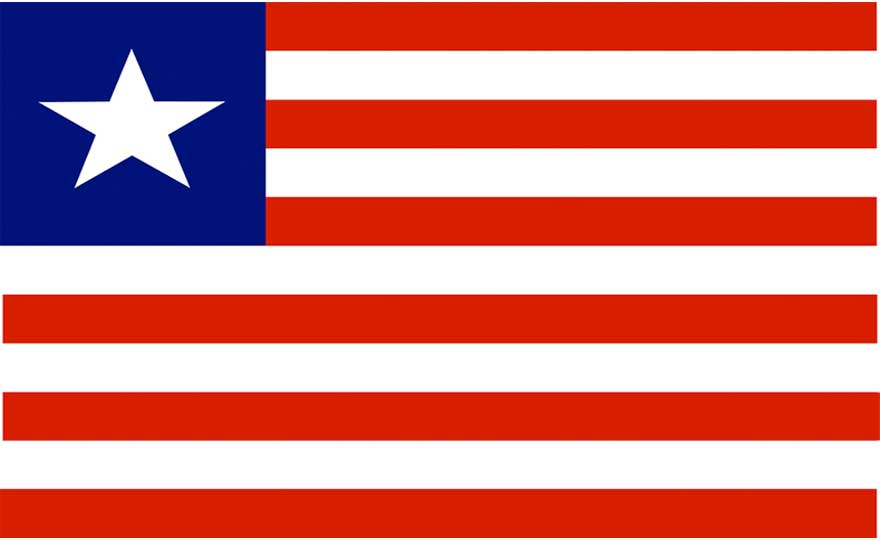The Liberian Registry, the world's second largest ship registry, signed a memorandum of understanding (MOU) with maritime industry technology leaders HHI, AVIKUS and DNV to collaborate on autonomous ship technology developments.
Over the last 5 years the Liberian Registry has participated in over 30 joint industry projects, all with focus on innovative ship design features, new technologies and alternative fuels. While the overarching goal with these projects is to decarbonize international shipping, we also have to ensure the safety of navigation. Through the adoption of innovative technologies for autonomous shipping this MOU will seek to enhance both safety of navigation and reduce GHG emissions.
The Hyundai intelligent Navigation Assistant System (HiNAS 2.0) is an AI-based navigation solution that assists in safe navigation by displaying AR (augmented reality) images of detected ships and navigation information. Developed by AVIKUS, a subsidiary of Hyundai Heavy Industries (HHI), the system creates optimal routes for collision avoidance in the ocean, aiming to reduce crew fatigue and increase fuel efficiency.
The multilateral MoU that was signed at Gastech 2022 in Milan includes a joint study to deploy autonomous navigation systems on board ships to increase technology uptake by the industry and flag states. During the project, AVIKUS, HHI and Liberian Registry will actively contribute to developing autonomous maritime solutions that comply with DNV Rules on autonomous operations, where AVIKUS aims to obtain an Approval in Principle from DNV and Liberian Registry.
“Through this cooperation, we believe that we will gain momentum to move forward to the next stage of autonomous ship technology. We will try to maintain the leading position in the technology and to increase competitiveness in the future ship market,” said Wonho Joo CTO of HHI.
“This joint development is meaningful in that it includes shipyards, autonomous solution companies, classification, and flag states to commercialize autonomous navigation solutions. Based on the results of this project, we will successfully commercialize HiNAS 2.0 and contribute to improvement of the navigation safety and fuel saving,” said Dohyeong Lim, CEO of AVIKUS.
“Rightly applied, a higher degree of digitalization can contribute to safety and efficiency enhancements in shipping. Therefore, we are very pleased to collaborate with industry technology leaders and help to advance the development of autonomous ships,” said Vidar Dolonen, Regional Manager DNV Maritime Korea & Japan.
"Innovative technologies that enhances safety of navigation and reduce GHG emissions must be supported from a regulatory perspective, and the Liberian Registry is very pleased to collaborate with the other forward-thinking industry leaders to make this groundbreaking HiNAS 2.0 solution a reality" said Alfonso Castillero, CEO of the Liberian International Ship & Corporate Registry (LISCR).










